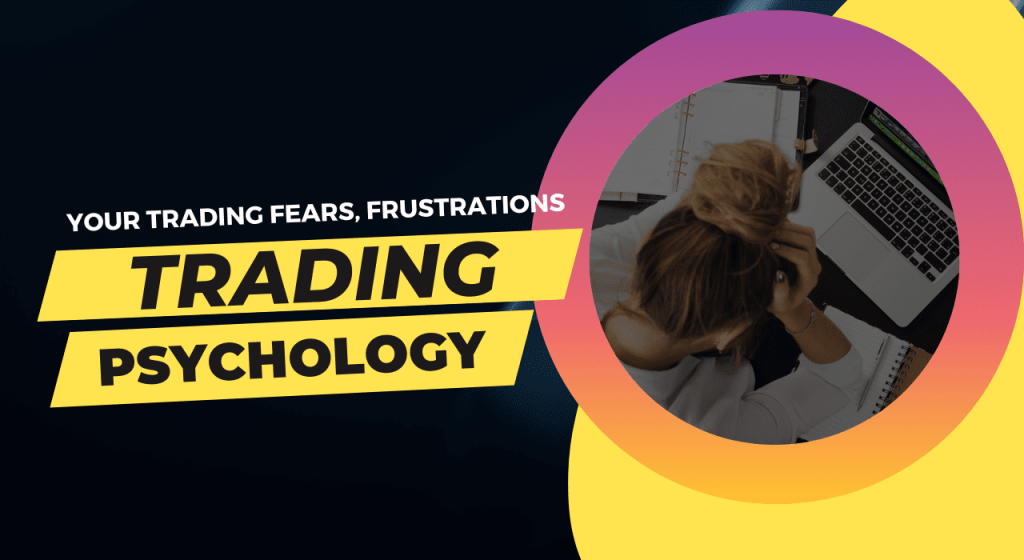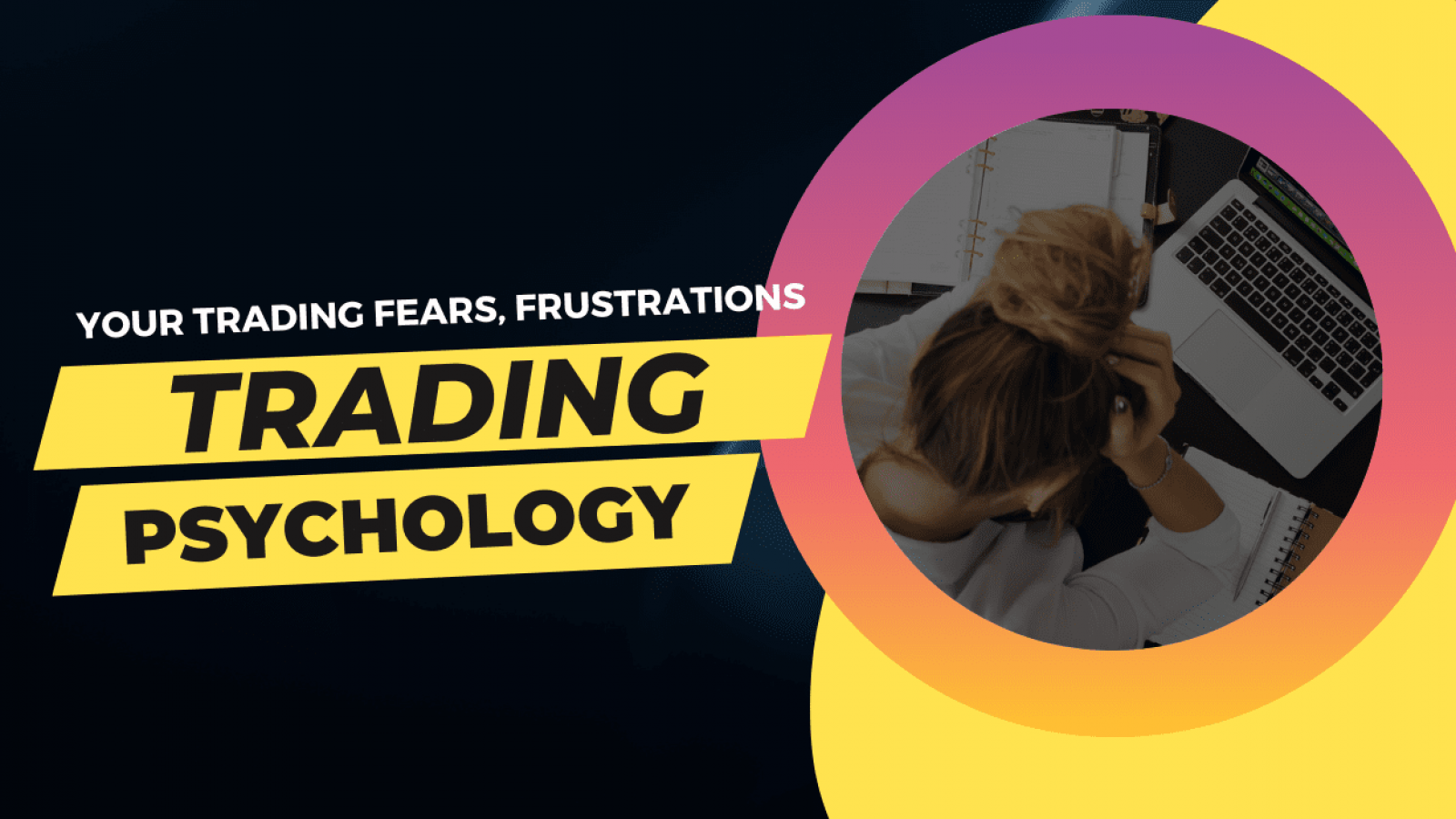
When it comes to trading, most people look at the technology part. This includes having the best charting software, stock brokers, and signal providers. However, many people don’t realize that the most important part of trading is psychology. Trading psychology includes your fears, frustrations, and overall mentality while trading. Many people enter into trading with the mindset that they will become rich overnight. This could not be further from the truth.
Do you ever ask yourself why you do what you do when it comes to trading? Why do some traders consistently make money while others struggle, even if they have the same tools and information? It all comes down to psychology. Trading psychology is one of the most important factors in determining success or failure as a trader. This article will discuss some of the traders’ most common fears, frustrations, and mentality issues and how to overcome them.
Common Types Of Trading Psychology Mistakes
Traders in the stock market and cryptocurrencies are known to fall victim to a multitude of psychological pitfalls. Some of the common ones include a tendency towards
- Revenge Trading
This occurs when a trader tries to compensate for their previous losses by taking larger positions in the market. It’s an emotional response rather than one that is rooted in logical analysis. For instance, a trader who has suffered a loss might impulsively take a much bigger position in order to recoup their losses quickly. This is often a recipe for disaster, as it can lead to even more losses.
In most cases, traders don’t analyze the stock market or do enough research when revenge trading. It often happens within minutes or seconds after they’ve lost the last trade. This means that the trade isn’t well thought out and is more likely to result in a loss.
If you find yourself revenge trading, it’s important to take a step back and analyze your reasons for taking the trade. Is it based on logical analysis, or are you just trying to compensate for previous losses? It’s important to stay calm and rational when trading, as this will help you make better decisions.
- Over-Trading
The perils of over-trading are manifold and insidious. The insatiable need to be constantly in the market, driven by an overweening confidence in one’s ability to turn a profit, can lead to disaster. It is crucial to approach trading with a set budget and adhere to it strictly, regardless of whether your trades are in the green. Yielding to the siren call of over-trading can result in excessive losses and the swift depletion of your account.
- Fear Of Missing Out (FOMO)
The Fear of Missing Out, or FOMO, is a powerful and oftentimes destructive force. Driven by the lure of potential profits and caught up in the fervor surrounding certain assets, traders may succumb to impulsive and ill-advised investments. One need only look to the wild volatility of the crypto market, with its unpredictable and oftentimes unexplainable fluctuations, to see the damage that FOMO can wreak.
- Confirmation Bias
Confirmation bias, the tendency to seek out information that confirms one’s preconceived notions and ignore that which contradicts them, is another dangerous pitfall. Traders who succumb to this fallacy may make decisions that are not based on sound analysis or logic, potentially leading to catastrophic results.
- Herd Mentality
The herd mentality is yet another treacherous trap for the unwary trader. Those who follow the crowd and do what everyone else is doing may find themselves caught up in hype and speculation, without any real understanding of the underlying forces at play. The frenzied rush to buy up assets like Bitcoin and Ethereum, without any real comprehension of the technology behind them, is a classic example of the dangers of herd mentality.
- Gambler’s Fallacy
The gambler’s fallacy, the belief that a win or loss is somehow “due” after a streak of good or bad luck, is yet another cognitive trap that can ensnare traders. This tendency to see patterns where none exist can lead to reckless and ill-advised investments, based on nothing more than a false sense of probability.
- Being Emotional
When making decisions, a trader must maintain composure and reason. Having uncontrolled emotions can easily impair your judgement and have disastrous results. It is therefore preferable to leave the markets and take a break if you start to feel irritated or agitated. After all, it’s challenging to make logical decisions while you’re filled with fury or fear.
Also, it’s critical to prevent your emotions from influencing your trading technique. If you have a good plan in place, follow it and don’t let your emotions stop you from moving forward. Even when you’re on a roll and feel unstoppable, avoid the urge to take careless chances.
The Bottom Line
In short, trading psychology is a complex and multifaceted discipline, requiring a deep understanding of one’s own motivations, biases, and tendencies. By cultivating a disciplined and level-headed approach, based on sound research and analysis, traders can mitigate the risks inherent in this challenging and dynamic field, and increase their chances of success.

 Cart is empty
Cart is empty 
Leave A Comment